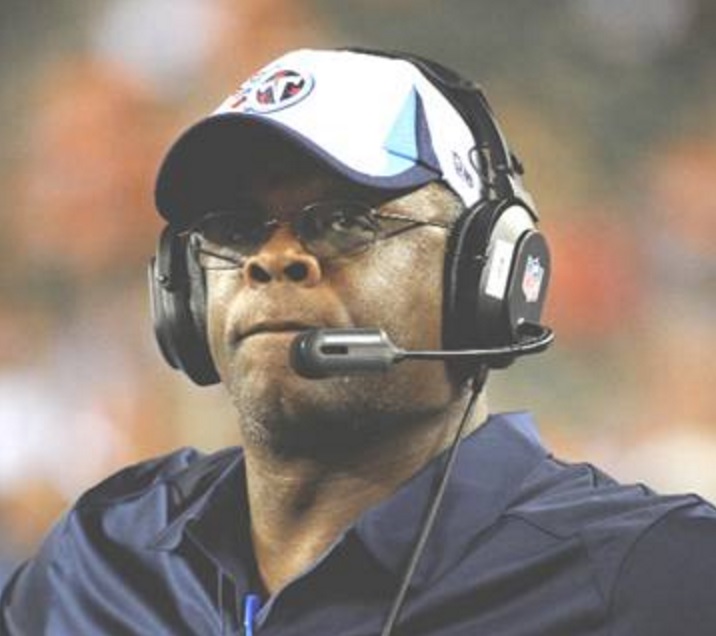
Times staff report
The AT&T Alabama African-American History Calendar has been highlighting the achievements of the state’s best and brightest since 2011. It highlights the achievements of 12 notable Alabamians for a calendar year. Here is a listing of honorees who have had a compelling impact on Alabama and beyond, with the year they have appeared on the calendar.
Marva Collins (2012)
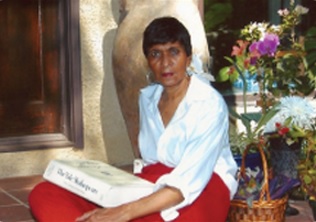
Monroeville, Ala., native Marva Collins is the founder of the Westside Preparatory School in Chicago, Ill. Born Marva Nettles, Collins grew up in Atmore, Ala., and taught for two years in her home state before moving to Chicago, where she would teach in the public school system for 14 years. In 1975, with $5,000 from her work retirement account, she opened her own school on the second floor of her home. The school, Westside Preparatory School, only had six students, including two of her children. Collins’s school accepted all students, many of whom had been failed by the larger school systems and had been diagnosed with learning disabilities. She taught her students using the Socratic Method, which emphasized phonics, math, reading, English, and classic literature. By the end of the first year, her students showed vast improvements on their test scores, and Collins quickly expanded into a bigger facility. Westside Preparatory School became an important education center on Chicago’s south side.
J. Gary Cooper (2015)
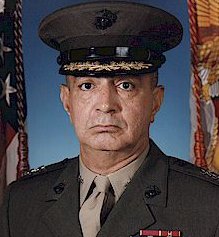
While serving in Vietnam in 1966, J. Gary Cooper—born in Lafayette, La., and raised in Mobile, Ala.—became the first African-American Marine Corps officer to lead an infantry company into combat. He later joined the Marine Corps reserve and in 1971 became the first black to command a Marine reserve unit. He was promoted to brigadier general in 1984, becoming the first African-American to attain that rank of general in the Marines.
William Hooper Councill (2013)
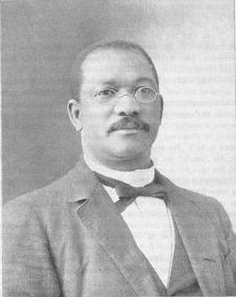
William Hooper Councill, born into slavery in Fayetteville, N.C., in 1849, opened the Lincoln School in Huntsville, Ala. in 1869. Along with his new school, Councill studied chemistry, mathematics, law, and Latin in night school. Although he was admitted to the Alabama bar, he never practiced law in the state. Councill became the chief enrolling clerk of the Alabama House of Representatives between 1872 and 1874, and also served as the secretary of a national rights convention in 1873. In 1875, Councill was appointed by the Alabama legislature as the first principal of the State Colored Normal School at Huntsville, which is now Alabama Agricultural and Mechanical University. By the mid-1800s, the school rivaled the Tuskegee Institute (now Tuskegee University) as the premier vocational-industrial training facility.
Sylvester Croom Jr. (2015)
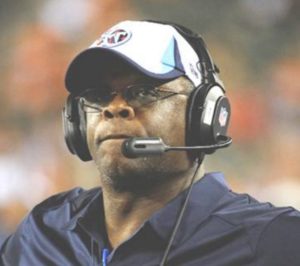
At Mississippi State University (MSU), Tuscaloosa, Ala., native Sylvester Croom Jr. became the first African-American to be named head football coach in the Southeastern Conference. Under Croom, MSU experienced its first winning season in six years. A lettered football player with the University of Alabama, Croom played one season in the National Football League (NFL) with the New Orleans Saints before returning to the Crimson Tide as an assistant coach. With Croom on the coaching staff, the team played in 10 bowl games and won back-to-back national championships in 1978 and 1979. Also, for 17 years he worked with the NFL to develop top players, including the Detroit Lions’ Barry Sanders, who became the third player in NFL history to rush for 2,000 yards in a season.
Cleveland Eaton II (2017)
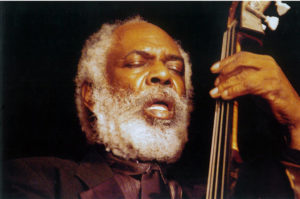
Cleveland “Cleve” Eaton, a native of Fairfield, Ala., is a legendary jazz bassist who became best known as the bassist for the Count Basie Orchestra for 16 years. His 1975 recording “Plenty Good Eaton” is a classic in the funk music genre. And as a bassist, producer, composer, publisher and arranger—along with being the head of his own record company in Birmingham, Ala.—Eaton’s resume includes more than 100 albums and about three times as many compositions. He also has played on four gold singles, including “Hang on Sloopy” and “Wade in the Water,” and four gold albums, including “Solar Wind” and “Sun Goddess.” He has been inducted into the Alabama Music Hall of Fame and the Alabama Jazz Hall of Fame.
Michael A. Figures (2012)

Mobile, Ala.’s, Sen. Michael A. Figures became one of the first three African-Americans to earn a Juris Doctorate from the University of Alabama School of Law. Figures practiced public interest law, and in 1975 he returned to Mobile to partner with Vernon Z. Crawford, known as the “Dean of Black Lawyers.” Figures later established his own practice, which included taking up the cause of labor unions and small businesses, as well as the average person. In 1987, Figures served as co-counsel with the Southern Poverty Law Center, helping the center win a major victory against the United Klans of America that resulted in a $7 million verdict against the organization and the two men charged with lynching black teenager Michael Donald. Figures also helped with litigation that ended at-large elections in Mobile. Through his work, Figures earned the Trial Lawyer of the Year designation. In 1978, Figures defeated a white incumbent senator from Mobile County, becoming the first black state senator representing the county in the state House. Figures served for 18 years and was voted Outstanding Legislator in 1986. He was also elected president pro tempore of the Alabama senate, making him the highest-ranking African-American in state government in 1995.
#BlackHistoryMonth: Notable black Alabamians will be updated throughout the remainder of February. Read Part One, Part Two, Part Three




